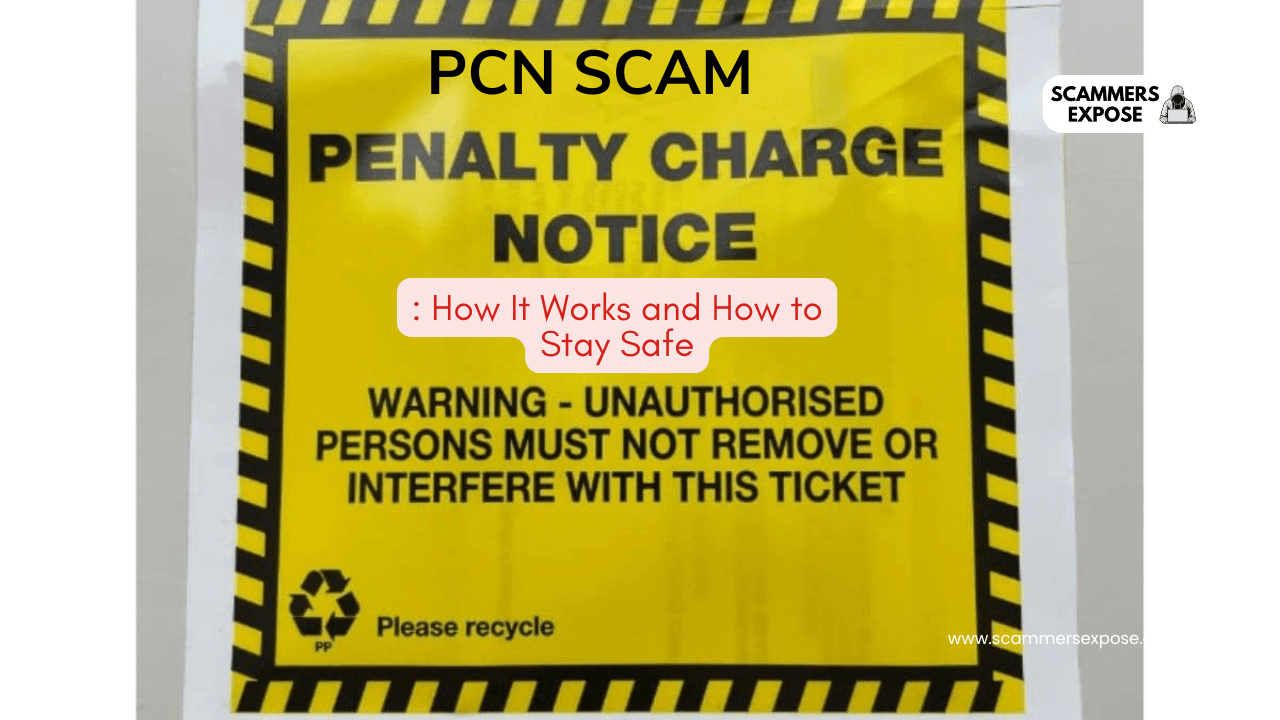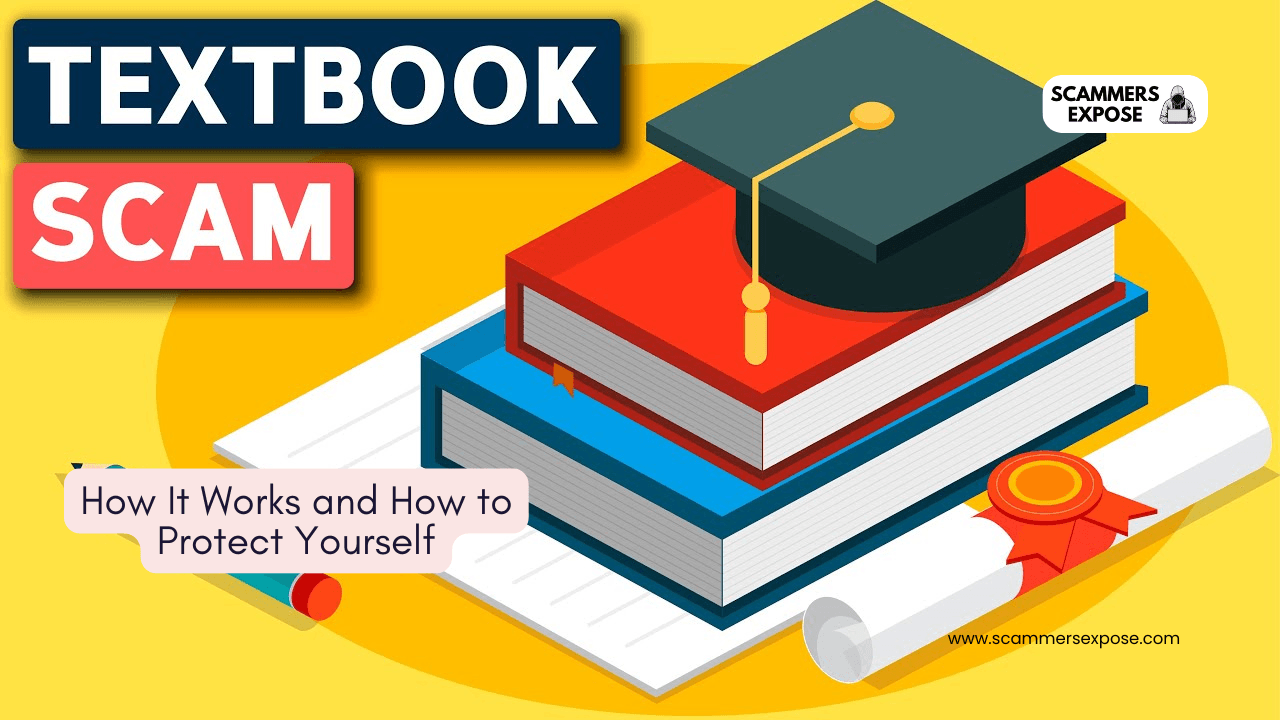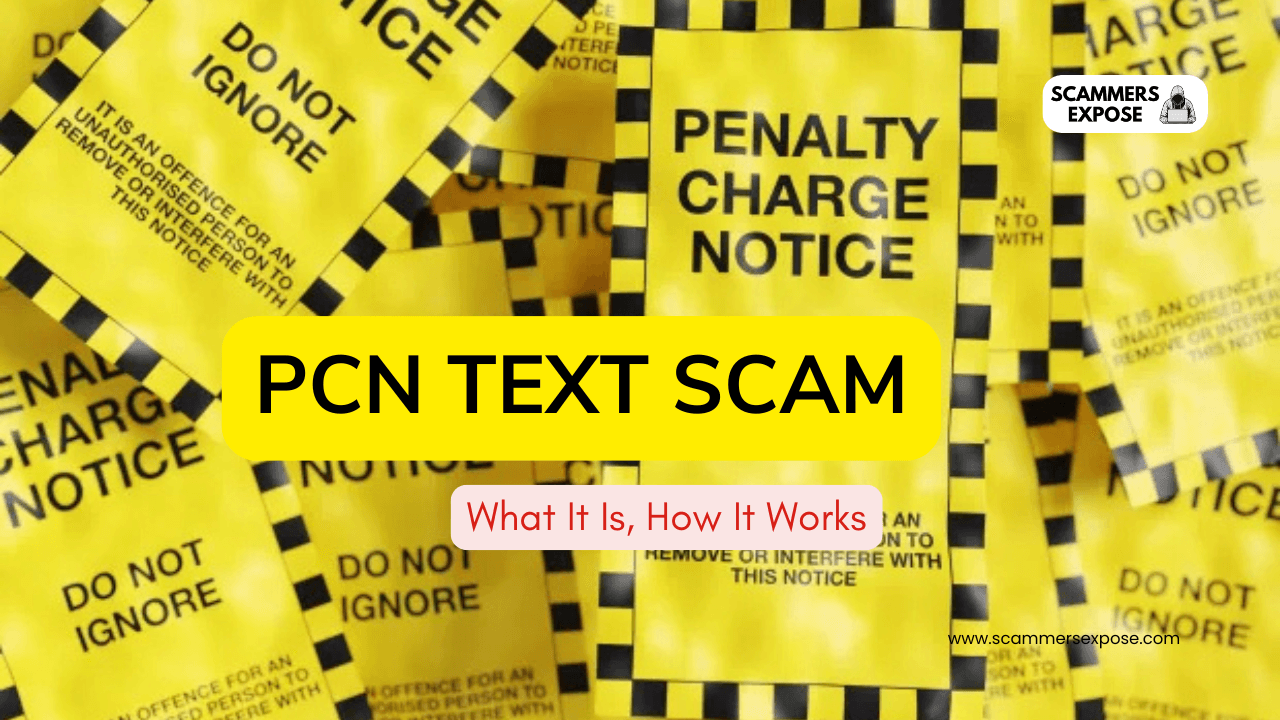The Illinois Tollway Invoice Scam has recently surged, targeting unsuspecting drivers with fraudulent invoices claiming unpaid tolls. These scammers use sophisticated tactics to deceive individuals, making it essential to stay informed. Understanding the warning signs and knowing how to respond can protect you from identity theft and financial loss. In this post, we’ll explore the common tactics used in this scam and the steps you should take if you receive a suspicious invoice.
Understanding the Illinois Tollway Invoice Scam
The Illinois Tollway Invoice Scam has become a rising issue for drivers, targeting individuals by sending fraudulent invoices claiming unpaid tolls. These scams are designed to trick recipients into providing personal or financial information under the guise of settling toll violations. Here’s what you need to know about how these scams work and how to protect yourself.
What is the Illinois Tollway Invoice Scam?
This scam involves fake emails or text messages that impersonate the Illinois Tollway system, often warning recipients about unpaid toll fees and demanding immediate payment. These communications use fear tactics to create a sense of urgency, pushing individuals to make hasty decisions. The scam typically:
- Claims you have unpaid tolls and asks you to settle the balance immediately to avoid penalties.
- Provides a fake invoice number or an official-looking link to make it appear legitimate.
- Directs you to a fraudulent website mimicking the Illinois Tollway payment portal.
Key Features of the Scam
The Illinois Tollway Invoice Scam typically includes:
- Urgent messages: Phrases like “Immediate action required” or “Your account will incur late fees.”
- Phishing links: Scammers direct you to websites that appear similar to the official Illinois Tollway site but are designed to steal personal information.
- Requests for financial details: You may be asked to provide credit card numbers, banking details, or other sensitive information.
How Scammers Create a False Sense of Legitimacy
To make their communications appear legitimate, scammers often use:
- Realistic logos and branding: They copy the official Illinois Tollway logo, colors, and formatting.
- Official-sounding language: Using terms like “invoice” or “violation notice” to simulate an actual tollway communication.
- Spoofed email addresses or phone numbers: These messages appear to come from the Illinois Tollway, making it harder to spot the scam.
How to Protect Yourself
To avoid falling victim to the Illinois Tollway Invoice Scam, keep these tips in mind:
- Verify before paying: Always check the official Illinois Tollway website or contact customer service directly if you receive a suspicious invoice.
- Don’t click on links: If you receive an email or text claiming you owe money, avoid clicking on any links. Instead, manually type the Illinois Tollway website URL into your browser.
- Look for errors: Many scam messages contain typos or grammatical mistakes, which are common indicators of phishing.
Steps to Take If You Encounter the Scam
- Report the scam: Forward any suspicious emails or texts to your mobile carrier or email provider. Additionally, notify the Illinois Tollway customer service and your bank or credit card company.
- Monitor your accounts: Regularly check your bank statements and credit reports for unauthorized transactions or suspicious activity.
By staying informed about the Illinois Tollway Invoice Scam, you can better protect yourself and avoid being tricked by these increasingly sophisticated tactics.
Common Tactics Used in the Scam
The Illinois Tollway Invoice Scam employs various fraudulent techniques to deceive individuals into paying non-existent tolls. By understanding these tactics, you can better protect yourself from becoming a victim. The scammers often mimic official correspondence from the Illinois Tollway, using a variety of psychological tricks and technical manipulations to coerce victims.
Phishing Emails and Text Messages
Scammers send phishing emails and text messages posing as the Illinois Tollway, making false claims about unpaid tolls. Here’s how these scams typically operate:
- Urgent notifications: You receive a message stating that you owe a small, unpaid toll amount. These messages often contain phrases like “Immediate Payment Required” or “Pay Now to Avoid Penalties.”
- Links to fraudulent websites: The message includes a link to a fake website, designed to resemble the official Illinois Tollway payment portal. Once you enter your details, scammers steal your personal and financial information.
Spoofed Caller ID and Email Addresses
Another common tactic in the Illinois Tollway Invoice Scam is the use of spoofed phone numbers or email addresses that appear to be from a legitimate source:
- Fake email domains: Scammers often use email addresses that look very similar to the official Illinois Tollway email domain but contain slight differences, such as a missing letter or extra symbol.
- Phone number spoofing: When calling potential victims, the scammer’s phone number may appear as though it is from the Illinois Tollway. This tactic helps convince individuals that the communication is legitimate.
Social Engineering Techniques
Scammers rely on social engineering techniques to exploit people’s trust in familiar organizations like the Illinois Tollway. These techniques include:
- Creating urgency: Messages often claim that penalties or late fees will increase if the unpaid tolls are not settled immediately. This sense of urgency pushes individuals to act without thinking critically.
- Fear of consequences: Scammers may use threats of legal action or suspension of vehicle registration to frighten individuals into paying without verification.
Payment Requests for Small Amounts
The Illinois Tollway Invoice Scam typically involves small amounts of money, usually under $10. This strategy increases the likelihood of people paying without much hesitation:
- Small amounts seem less suspicious: The low-dollar figure makes the scam more believable, as people often don’t expect scams to ask for such modest sums.
- Requests for credit card details: Even though the amount requested is small, once you enter your credit card information on the fraudulent site, scammers can use it for larger unauthorized transactions.
Fake Websites Mimicking the Illinois Tollway
The fake websites used in the Illinois Tollway Invoice Scam are often well-designed and closely mimic the official Illinois Tollway site:
- Professional design: These sites feature the Illinois Tollway logo, similar fonts, and even official-sounding instructions to gain trust.
- Misleading URLs: The URLs may look legitimate at first glance but contain subtle differences like a misspelled word or additional characters.
How to Identify These Tactics
Understanding these common tactics used in the Illinois Tollway Invoice Scam will help you stay alert and avoid falling victim:
- Always verify the source of any toll-related message through the official Illinois Tollway website or customer service.
- Avoid clicking on links in unsolicited emails or texts and instead, manually type the website URL into your browser.
- Be wary of messages requesting urgent payments or threatening penalties, especially if you are unaware of any outstanding tolls.
By recognizing the deceptive tactics employed by these scams, you can protect yourself from the Illinois Tollway Invoice Scam and other phishing attempts.
How to Identify a Fake Illinois Tollway Invoice
Identifying a fake invoice related to the Illinois Tollway Invoice Scam is crucial to protect yourself from falling victim to this phishing tactic. Scammers are becoming more sophisticated in mimicking official Illinois Tollway communications, but there are several key indicators you can look for to spot a fake invoice. Here’s what you need to know.
Red Flags in Illinois Tollway Invoice Emails or Texts
Scam messages related to the Illinois Tollway Invoice Scam usually contain telltale signs that can help you differentiate them from legitimate tollway communications:
- Urgent language: Scammers often create a sense of urgency, warning that immediate action is needed to avoid late fees or penalties. Phrases like “Pay Now” or “Final Notice” are common in these fake invoices.
- Misspellings and grammatical errors: Many scam messages include typos or awkward wording. Illinois Tollway communications are typically well-written and free of such errors.
- Generic greetings: Fake invoices often use non-personalized greetings such as “Dear Customer” instead of addressing you by name, which is another red flag.
Suspicious Links or Attachments
One of the primary goals of the Illinois Tollway Invoice Scam is to trick you into clicking on fraudulent links or downloading malicious attachments. Scammers may:
- Include links to fake websites: These sites are designed to look like the official Illinois Tollway payment portal but are actually created to steal your personal and financial information. Always check the URL carefully.
- Request sensitive information: The fake invoice may prompt you to provide your Social Security number, credit card details, or bank account information, which the Illinois Tollway would never request through an unsolicited message.
Fake Invoice Design Elements
While some fake invoices might look convincing at first glance, there are often visual cues that signal a scam:
- Logo inconsistencies: Although scammers attempt to copy the Illinois Tollway logo and branding, slight variations in design, color, or placement can indicate a fake invoice.
- Non-official email addresses: Legitimate invoices from the Illinois Tollway are sent from an official domain like “@illinoistollway.com.” If the sender’s address looks suspicious (e.g., from a random Gmail or Yahoo account), it’s likely a scam.
Inaccurate Toll Details
A legitimate invoice from the Illinois Tollway will always provide specific, accurate details about your toll usage. If you receive a message that includes vague or incorrect information, it is probably part of the Illinois Tollway Invoice Scam. Look for:
- Missing invoice numbers or account details: Real invoices include precise toll dates, locations, and amounts owed. Scammers, on the other hand, often omit these crucial details.
- Unfamiliar charges: If you are being charged for tolls on routes you never traveled or for times when your vehicle wasn’t in use, it’s a strong indication that the invoice is fraudulent.
How to Verify a Legitimate Invoice
To ensure that the invoice you received is legitimate and not part of the Illinois Tollway Invoice Scam, follow these steps:
- Log into your I-PASS account: Rather than clicking on any links in the email or text, go directly to the Illinois Tollway website by typing the URL into your browser.
- Call customer service: If you are unsure about the authenticity of the invoice, contact the Illinois Tollway directly at their official customer service number.
Protecting Yourself Against Future Scams
As scammers become more adept at mimicking legitimate toll invoices, staying vigilant is key. Here are some tips to protect yourself:
- Monitor your account regularly: Keep an eye on your I-PASS account to ensure there are no unauthorized charges or unexpected toll fees.
- Use two-factor authentication: If available, enable two-factor authentication on your tollway account to add an extra layer of security.
Recognizing these signs can help you avoid the pitfalls of the Illinois Tollway Invoice Scam and keep your personal information safe from cybercriminals.
Steps to Take if You Receive a Scam Invoice
Receiving a scam invoice related to the Illinois Tollway Invoice Scam can be alarming, but knowing how to respond is essential to protecting yourself from potential fraud. Scammers use tactics to create urgency and pressure you into providing sensitive information. Here’s what to do if you suspect that you’ve received a fraudulent tollway invoice.
1. Stay Calm and Do Not Respond Immediately
The first reaction many have upon receiving a scam invoice is to respond quickly, especially when the message mentions penalties or legal action. However, responding hastily can lead to mistakes.
- Don’t click any links: Messages related to the Illinois Tollway Invoice Scam often include phishing links that redirect to fraudulent websites.
- Don’t reply: Replying can confirm your contact information, encouraging more scam attempts in the future.
2. Verify the Invoice Through Official Channels
If you’re unsure whether an invoice is legitimate or part of the Illinois Tollway Invoice Scam, take a few simple steps to confirm its authenticity:
- Visit the official Illinois Tollway website: Rather than following the links in the email or text message, go directly to the Illinois Tollway website by typing the URL into your browser.
- Log into your I-PASS account: Check your account for any outstanding toll payments. The I-PASS system will provide accurate information about any tolls or violations.
- Contact customer service: Call the official Illinois Tollway customer service line at 1-800-824-7277 to verify any claims made in the message.
3. Report the Scam
Reporting the scam is crucial not only to protect yourself but also to prevent others from falling victim to the Illinois Tollway Invoice Scam. Here’s how to report the scam effectively:
- Forward scam emails or texts to your phone provider: Most carriers allow you to report scams by forwarding the message to 7726 (SPAM).
- Contact the Illinois Tollway: You can notify the Illinois Tollway directly by emailing customerservice@getipass.com.
- Report the scam to authorities: You can also file a complaint with the Federal Trade Commission (FTC) or the Illinois Attorney General’s Consumer Protection Division.
4. Monitor Your Financial Accounts
Even if you haven’t clicked on any links or provided information, it’s a good idea to monitor your accounts after receiving a scam invoice:
- Check your credit card and bank statements: Look for any unauthorized charges or suspicious activity.
- Set up alerts: Most banks allow you to set up notifications for transactions, helping you catch fraudulent activity quickly.
5. Block and Filter Scam Messages
Once you’ve identified a scam invoice, take steps to block future messages from the sender:
- Block the sender: Most email and messaging apps allow you to block specific contacts, preventing future scam attempts.
- Filter your inbox: Set up email filters to automatically route suspicious messages to your spam folder.
6. Change Your Passwords if You Provided Information
If you mistakenly provided any personal or financial details through a scam link, take immediate action:
- Change your passwords: Update any passwords you may have used on fraudulent sites, especially those related to your financial accounts.
- Enable two-factor authentication: Adding an extra layer of security to your accounts can help prevent further unauthorized access.
By following these steps, you can effectively safeguard yourself from the Illinois Tollway Invoice Scam and reduce the risk of falling victim to phishing or identity theft.
Reporting and Preventing Future Scams
As the Illinois Tollway Invoice Scam continues to target unsuspecting drivers, it’s essential to know how to report these fraudulent activities and take proactive steps to prevent becoming a victim in the future. With phishing scams becoming more sophisticated, staying informed is the best way to protect yourself. Here’s how to handle and prevent these scams.
How to Report the Illinois Tollway Invoice Scam
If you’ve received a fraudulent invoice or suspect you’re being targeted by the Illinois Tollway Invoice Scam, it’s important to report the incident as soon as possible. Here’s how you can do it:
- Forward suspicious emails or texts: If you receive a scam email or text, you can forward the message to your email provider or mobile carrier to help them identify and block future scams.
- Notify your phone provider: Report text message scams by forwarding them to 7726 (SPAM). This helps mobile carriers investigate and block the scammers.
- Contact the Illinois Tollway: Report the scam directly to the Illinois Tollway by calling their official customer service number at 1-800-824-7277 or by emailing customerservice@getipass.com.
- Report to the Federal Trade Commission (FTC): The FTC allows you to file complaints regarding phishing scams. Visit their official site to file a report.
- Contact local authorities: For local assistance, reach out to the Illinois Attorney General’s Consumer Protection Division to file a report of the scam.
Steps to Prevent Future Scams
Preventing scams like the Illinois Tollway Invoice Scam requires vigilance and implementing certain safety measures. Follow these steps to reduce your chances of falling victim to such scams:
- Don’t click on unsolicited links: Be cautious of any unsolicited emails or texts asking for payment. Instead of clicking on the links provided, visit the Illinois Tollway website directly by typing the URL into your browser.
- Use strong passwords: Protect your accounts by using strong, unique passwords and updating them regularly. This helps secure your personal information if scammers attempt to access your accounts.
- Enable two-factor authentication: Whenever possible, use two-factor authentication for online accounts. This adds an extra layer of protection in case your password is compromised.
- Regularly monitor your financial accounts: Keep an eye on your bank and credit card statements to spot any unauthorized transactions early.
- Be cautious of urgent requests: Scam messages often include urgent language, like “Immediate payment required” or “Your account will be suspended.” Legitimate tollway communications rarely use such urgency. Always verify through official channels.
Educating Others to Prevent the Illinois Tollway Invoice Scam
Sharing knowledge about the Illinois Tollway Invoice Scam can help prevent others from falling victim. Inform friends, family, and coworkers about the signs of these scams, and encourage them to:
- Report any suspicious activity: Remind them to report any suspicious invoices or phishing attempts to the appropriate authorities.
- Use spam filters: Encourage others to use spam filters in their email inboxes to help block potential scam emails.
- Stay updated on current scams: Keep yourself and others informed about new phishing and invoice scams, as scammers often change their tactics.
By reporting fraudulent activities and adopting preventative measures, you can safeguard yourself and others from falling prey to the Illinois Tollway Invoice Scam. Awareness and proactive steps are the best defenses against these ever-evolving phishing tactics.
What to Do If You’ve Already Fallen Victim
If you’ve unfortunately fallen victim to the Illinois Tollway Invoice Scam, taking swift action is essential to minimize the damage and protect your personal and financial information. Here’s a detailed guide on the steps you should follow if you’ve accidentally provided sensitive information or made a payment to scammers.
1. Contact Your Bank or Credit Card Provider
If you’ve provided your credit card or bank information to a fraudulent site associated with the Illinois Tollway Invoice Scam, your first step should be to notify your financial institutions.
- Request a chargeback: If any payments were made, ask your bank or credit card company to reverse the charges.
- Cancel your card: Cancel the card that was used on the scam website and request a replacement with a new number.
- Monitor your accounts: Keep an eye on your bank and credit card statements for any unauthorized charges or suspicious activity.
2. Report the Scam to Authorities
Reporting the scam can help authorities track down the scammers and potentially prevent others from falling victim. Here’s how to proceed:
- Report to the Illinois Tollway: Contact the Illinois Tollway directly to inform them about the scam. This helps them monitor any fraudulent activities associated with their name.
- File a report with the FTC: The Federal Trade Commission (FTC) tracks phishing scams and fraud. File a report through their official website.
- Notify the Illinois Attorney General’s office: The Consumer Protection Division can help address scams that target residents in Illinois. Filing a report with them adds an extra layer of protection.
3. Change Your Passwords
If you’ve provided any personal login information, such as your I-PASS credentials, take immediate steps to secure your accounts:
- Update all passwords: Change the passwords of any accounts that may have been compromised. Make sure to use strong, unique passwords for each account.
- Enable two-factor authentication: Adding two-factor authentication to your online accounts provides an extra layer of security, making it harder for scammers to access your information.
4. Place a Fraud Alert on Your Credit Report
If you’ve provided personal information that could lead to identity theft, such as your Social Security number or address, placing a fraud alert on your credit report is a smart move.
- Contact one of the credit bureaus: Reach out to any of the three major credit reporting agencies (Equifax, Experian, or TransUnion) to place a fraud alert on your account. The agency you contact will inform the other two.
- Monitor your credit report: Keep an eye on your credit report for any suspicious activity, such as unauthorized credit inquiries or new accounts being opened in your name.
5. Monitor for Signs of Identity Theft
After falling victim to the Illinois Tollway Invoice Scam, it’s crucial to be vigilant about any signs of identity theft. Here are some indicators to watch for:
- Unfamiliar charges: Check all your financial accounts regularly for unauthorized transactions.
- New accounts: Be on the lookout for any credit cards, loans, or services opened in your name without your knowledge.
- Suspicious mail: Receiving mail related to unfamiliar financial accounts or services can indicate identity theft.
6. Secure Your Devices
If you clicked on a link in the scam email or message, it’s important to secure your devices to ensure no malware was installed:
- Run a security scan: Use reliable antivirus or anti-malware software to scan your devices for any malicious software.
- Update your software: Make sure your operating system, browser, and security software are all up to date to protect against vulnerabilities.
- Remove any suspicious applications: If you find any unfamiliar or suspicious applications on your device, uninstall them immediately.
By taking these steps, you can limit the damage caused by the Illinois Tollway Invoice Scam and protect your personal and financial information from further exploitation. Being proactive is essential to ensuring your security in the aftermath of falling victim to such scams. Illinois Tollway Invoice Scam
Visit our news section to stay updated with the latest developments in the case. For more insights into financial fraud and investor protection, visit Scammers Expose.










Leave a Reply